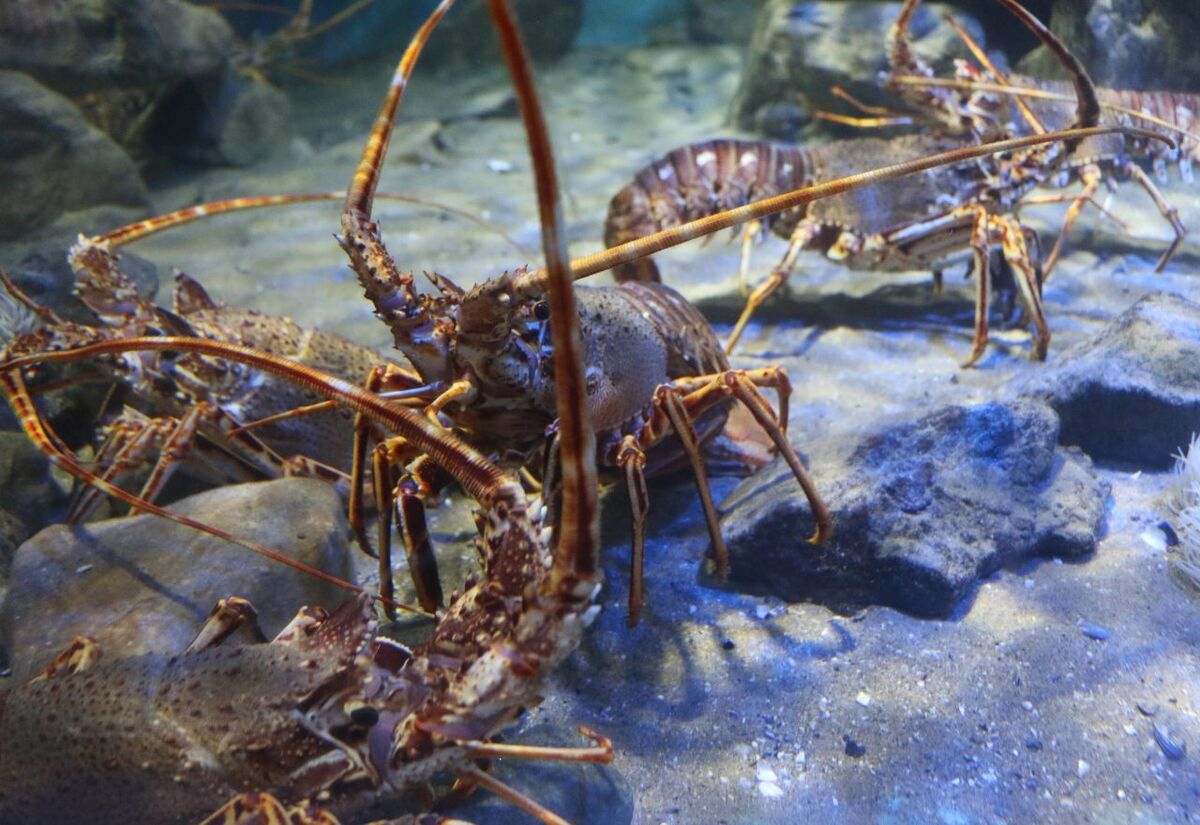Rock Lobster Fishing Ban Announced
Staff Reporter
25 March 2025, 10:02 PM
 Inner Gulf Closure to Aid Population Recovery
Inner Gulf Closure to Aid Population RecoveryFrom 1 April 2025, the inner Hauraki Gulf will be closed to all commercial and recreational spiny rock lobster fishing for three years, in a bid to help rebuild declining numbers.
Oceans and Fisheries Minister Shane Jones confirmed the decision following concerns raised by locals and fishery-independent research showing a drop in the lobster population.
“Locals have raised serious concerns about the decline of spiny rock lobster... and I share these concerns,” Minister Jones said.
The temporary closure is part of Fisheries New Zealand’s regular review of catch limits and sustainability settings across the country.
The affected area stretches from Cape Rodney–Okakari Point Marine Reserve down to Point Jackson Bay on the Coromandel Peninsula.
Alongside rebuilding lobster stocks, the measure is expected to have a knock-on effect on the marine environment.
Rock lobsters are natural predators of kina, and their recovery could help control kina numbers and reduce the spread of kina barrens—bare, degraded seabeds caused by kina overgrazing.
Minister Jones has also ruled out any increase in catch limits in the wider Hauraki Gulf lobster fishery, stating current settings should allow for continued stock recovery.
In Otago, catch settings have also been adjusted with a cautious focus on long-term sustainability.
Meanwhile, changes have been made to Pacific bluefin tuna catch limits.
Following international agreement through the Western Central Pacific Fisheries Commission, New Zealand’s allocation has increased.
As a result, the total catch limit for this year has been raised by 84 tonnes, with a further 6.5-tonne increase set for the 2025–26 fishing year.
Minister Jones acknowledged the input from tangata whenua, recreational and commercial fishers, environmental groups and the public, noting that their feedback played an important role in shaping the final decisions.
For Coasties who fish recreationally or enjoy local seafood, the rock lobster ban may come as a disappointment—but it’s aimed at ensuring a healthy future fishery for years to come.
Got a local story?
We’d love to hear it! Send your tips to [email protected]


